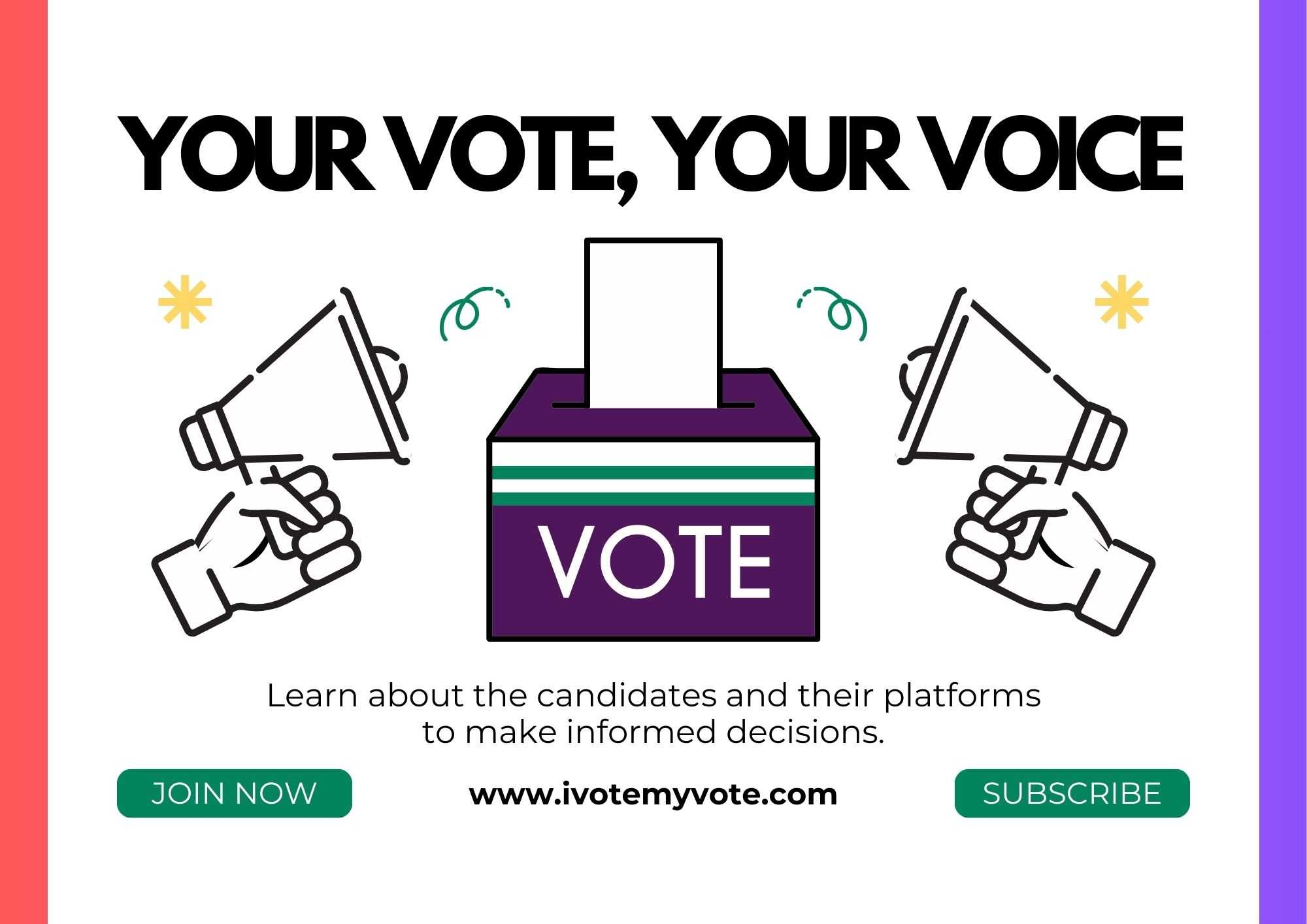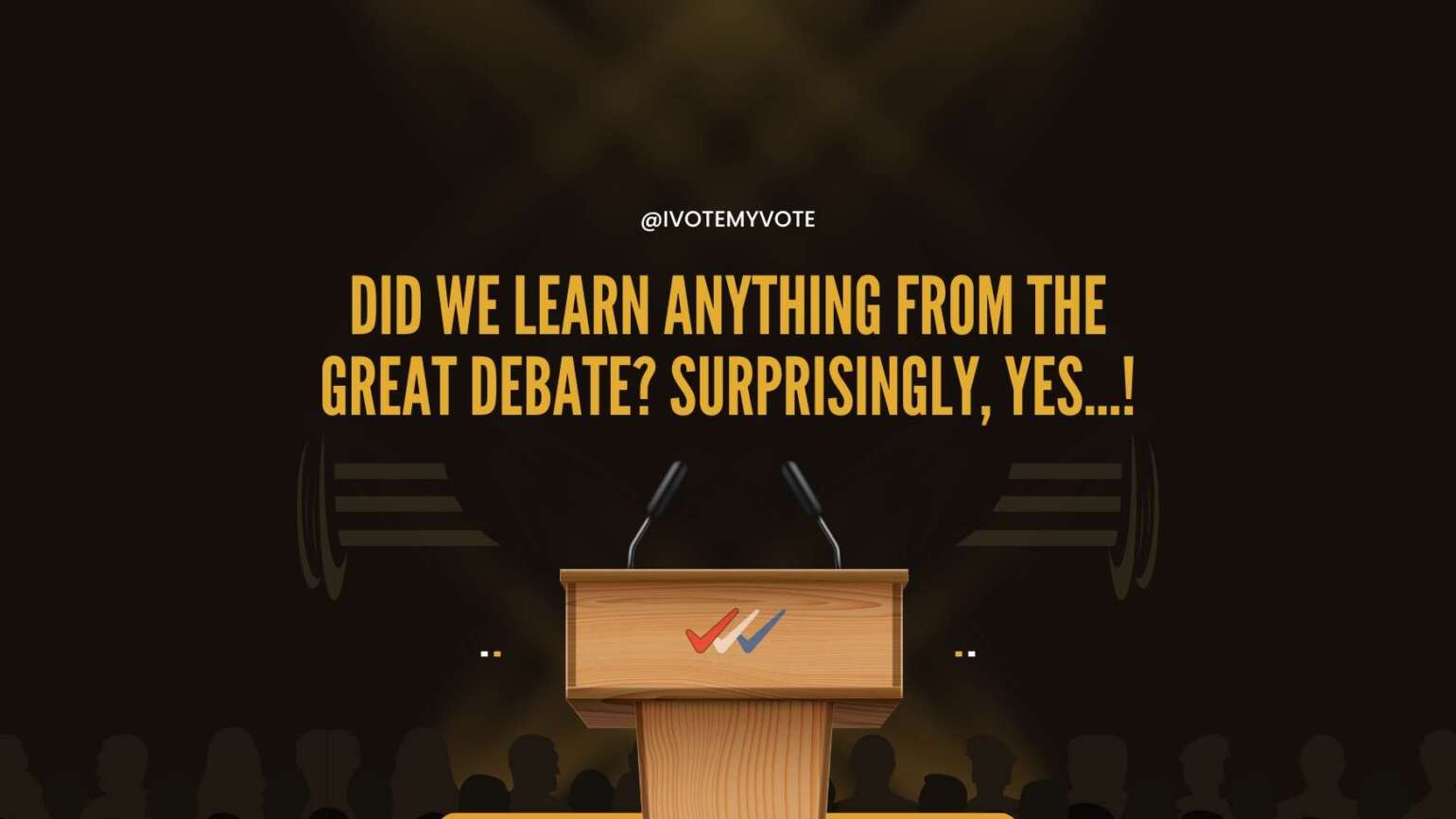If you are 50 years old or older here in the US then you probably received education about ‘civics’ in your classes in various years, from elementary through high school. These classes taught you how our government governs. The classes stressed citizenship and the duty of every qualified individual to engage and participate in every aspect of selection and monitoring of elected officials who in turn pass laws, issue directives, rules and regulations and appoint or hire operational bureaucracy to carry out the will of the majority in serving the best interests of the nation as a whole. These civic responsibilities included political engagement to the extent of seeking to understand the political process, the issues facing government, and citizenship. One learned how to educate themself on the views of political candidates and parties while making certain to become qualified and were registered to vote. Then, you voted. You learned that participation and involvement in such civic activities…especially voting…was extremely important.
Civics education in the public schools was introduced as early as the 1830’s here in the US.1 Through most of the 20th century it was an important part of the public schools’ curricula. But towards the end of the century, civics education came under attack by education elites. These attacks succeeded in changing and, in some cases, removing civics classes from public education. In a 1999 presentation about civics education given to the American Bar Association Symposium, Charles N. Quigley, Executive Director of the Center for Civic Education, stated that “…a number of my colleagues and I estimate that at most fifteen percent of our students at the pre-collegiate level receive an adequate education in this field.”2
A recent study (published in February) by the US Chamber of Commerce Foundation found further erosion of fundamental civics knowledge. Among its findings:
- “The survey finds more than 70% of Americans fail a basic civic literacy quiz on topics like the three branches of government, the number of Supreme Court justices, and other basic functions of our democracy. Just half were able to correctly name the branch of government where bills become laws.”
- “While two thirds of Americans say they studied civics in high school, just 25% say they are “very confident” they could explain how our system of government works.”
- “One in three did not know there are three branches of government.“
- “More than half did not know the number of members in the House of Representatives.”3
This appalling lack of knowledge concerning our government and of a citizen’s civic responsibilities is further demonstrated by how relatively few citizens eligible to vote, actually vote. A Pew Research Center study from 2023 found that of those who were eligible to vote in the 2022 mid-term, national elections, only 45.1% actually voted.4 It’s ironic that this particular report would be entitled “Turnout in 2022 House midterms declined from 2018 high, final official returns show.” The “2018 high” percentage referenced, is only 48.1%.5 In the first decade of the 20th century almost 75% of those of age to vote, voted in national presidential elections6.
We here at I Vote My Vote sincerely wish to help educate our citizens as to how the government is to work and if it actually IS working. We seek to encourage civic responsibility and engagement. We encourage all eligible voters to vote and to work to understand for whom they should vote. Join us in this noble enterprise…it’s only $5.
- History of Civics Education in the United States. (2024). Research4sc.org. Retrieved from https://research4sc.org/history-of-civics-education-in-the-united-states/
- Quigley, C.N. (1999). Civic Education: Recent History, Current Status, and the Future. Civiced.org. Retrieved from https://www.civiced.org/papers/papers_quigley99.html
- New Study Finds Alarming Lack of Civic Literacy Among Americans. (2024). U.S. Chamber of Commerce Foundation. Retrieved from https://www.uschamberfoundation.org/civics/new-study-finds-alarming-lack-of-civic-literacy-among-americans
1. Q: What is civics education?
Ans: Civics education teaches individuals about how their government functions, emphasizing citizenship and the responsibilities of participating in the democratic process. It covers topics such as the political process, the roles of elected officials, and the importance of civic engagement.
2. Q: When was civics education introduced in the United States?
Ans: Civics education was introduced as early as the 1830s in the United States and became an integral part of the public school curriculum throughout most of the 20th century.
3. Q: What are the consequences of inadequate civics education?
Ans: Inadequate civics education has resulted in a significant lack of knowledge among Americans about their government and civic responsibilities. This lack of knowledge can lead to decreased political engagement and participation in democratic processes such as voting.
4. Q: What are some concerning findings from recent studies on civics knowledge?
Ans: Recent studies have found that a large percentage of Americans fail basic civic literacy quizzes and lack confidence in their understanding of how the government works. Many individuals are unable to correctly identify basic information such as the three branches of government or the number of Supreme Court justices.
5. Q: How does low voter turnout reflect the state of civic engagement?
Ans: Low voter turnout, as evidenced by statistics from recent elections, reflects a concerning lack of civic engagement among eligible voters. Despite the importance of voting in a democratic society, a significant percentage of eligible voters choose not to participate in elections.
6. Q: How can we improve civics education and civic engagement?
Ans: Improving civics education in schools, promoting public awareness campaigns about civic responsibilities, and addressing barriers to voting are all potential strategies for increasing civic engagement and participation in democratic processes.



